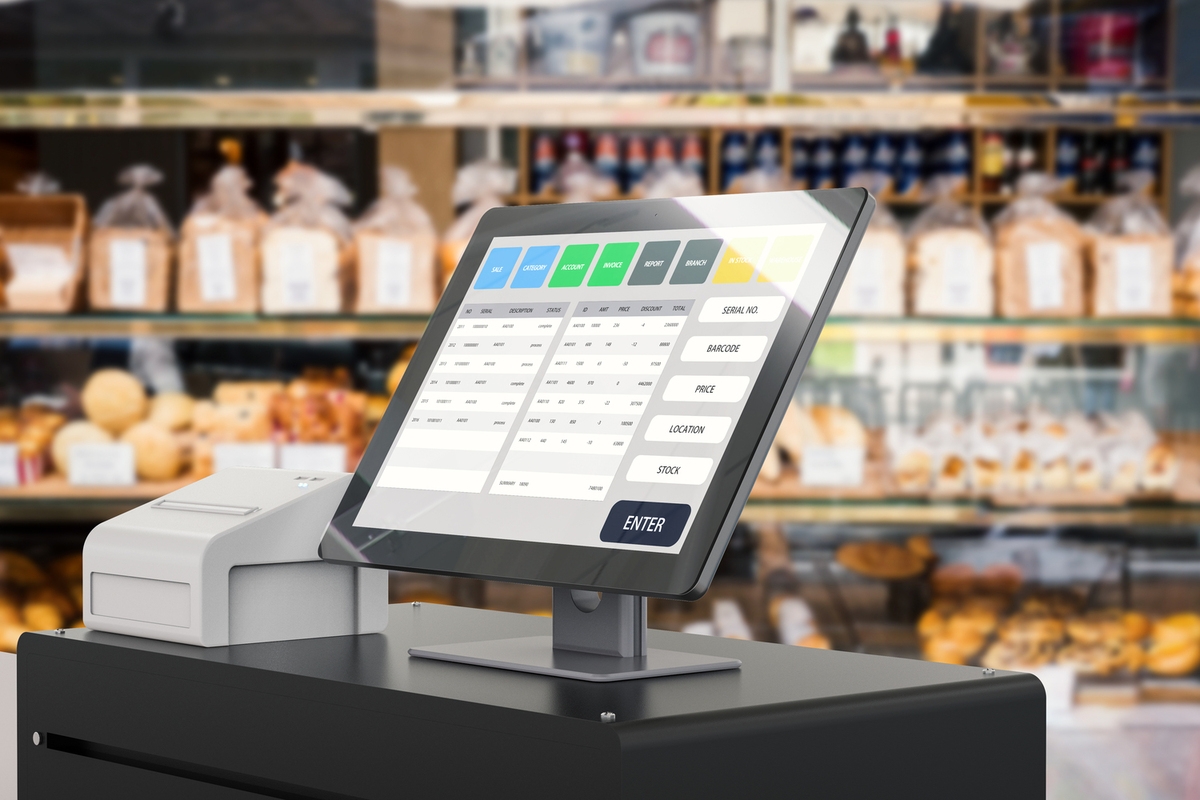Understanding Retail POS Systems: A Comprehensive Guide
Retail Point of Sale (POS) systems are at the heart of modern retail operations, transforming the way businesses manage sales, inventory, and customer interactions. Embracing the right POS system can be a game-changer for retailers, large and small, offering a plethora of features that can streamline business operations, enhance customer experience, and drive profitability. This article delves into the world of retail POS systems, exploring their functionalities, benefits, and considerations for selecting the right system for your business.
What is a Retail POS System?
A retail POS system is a combination of hardware and software designed to manage sales transactions, track inventory, and facilitate other business operations in a retail environment.

Key Features of Retail POS Systems
1. Sales Processing
At its core, a POS system must efficiently process sales transactions. This includes scanning barcodes, applying discounts, calculating taxes, accepting various payment methods, and printing receipts. Modern POS systems often integrate with mobile devices, allowing for quicker and more flexible transactions.
2. Inventory Management
A robust POS system offers comprehensive inventory management capabilities, enabling retailers to monitor stock levels in real-time, generate purchase orders, and prevent stockouts or overstocking.
3. Customer Relationship Management (CRM)
Managing customer interactions is vital for any retail business. POS systems with built-in CRM functionalities can store customer data, track purchase history, and enable personalized marketing efforts. This data-driven approach helps in understanding customer preferences and improving service quality.
4. Reporting and Analytics
Access to detailed reports and analytics is essential for making informed business decisions. POS systems can generate a variety of reports, including sales summaries, profit margins, inventory turnover, and employee performance. These insights help retailers identify trends, evaluate performance, and plan strategically.
5. Employee Management
Some POS systems offer features to manage employee schedules, track working hours, and analyze sales performance by employee. This is particularly useful in optimizing labor costs and improving staff productivity.
6. Integration Capabilities
A versatile POS system should integrate seamlessly with other business tools and software, such as accounting systems, e-commerce platforms, and email marketing services. This ensures a cohesive and efficient workflow, reducing manual data entry and minimizing errors.
Benefits of Implementing a Retail POS System
1. Improved Efficiency
By automating sales transactions, inventory tracking, and reporting, POS systems save time and reduce the likelihood of human error. This leads to smoother operations and allows staff to focus on providing excellent customer service.
2. Enhanced Customer Experience
A POS system can expedite the checkout process, offer multiple payment options, and provide personalized services based on customer data. This enhances the shopping experience, encouraging customer loyalty and repeat business.
3. Accurate Data and Reporting
Accurate, real-time data is invaluable for making business decisions. POS systems provide detailed reports that help retailers understand sales performance, manage inventory effectively, and strategize for growth.
4. Streamlined Operations
The integration capability of POS systems ensures that various business functions, such as sales, inventory, accounting, and marketing, work together harmoniously. This creates a streamlined operation, reducing operational complexities and costs.
Choosing the Right Retail POS System
Selecting the right POS system is crucial for maximizing its benefits. Here are some considerations to keep in mind:
1. Business Size and Needs
Determine the specific needs of your business based on its size and nature. Small businesses may require a simpler system with basic functionalities, while larger businesses might need advanced features and integration capabilities.
2. User-Friendliness
The system should be easy to set up and use. An intuitive interface ensures that staff can operate the system efficiently with minimal training.
3. Scalability
Choose a POS system that can grow with your business. This means it should be capable of handling increased transaction volumes, more inventory items, and additional locations if required.
4. Customer Support
Reliable customer support is vital for addressing any technical issues promptly. Ensure that the vendor offers good customer service and support options, such as phone, email, or live chat.
5. Cost
Consider your budget and evaluate the total cost of ownership, including hardware, software, installation, and ongoing maintenance fees. It’s essential to balance cost with the features and value offered by the POS system.
6. Security
Ensure that the POS system is secure, especially for handling payment transactions. Look for systems that comply with Payment Card Industry Data Security Standards (PCI DSS) and offer data encryption, secure payment processing, and regular software updates.
Retail POS systems have revolutionized the retail industry, offering a comprehensive solution for managing sales, inventory, customer relationships, and more. By understanding the key features, benefits, and considerations for selecting the right system, retailers can make informed decisions that enhance operational efficiency, boost customer satisfaction, and drive business growth.
Investing in a robust and reliable retail POS system is not just a necessity but a strategic move towards a more efficient and profitable business.

